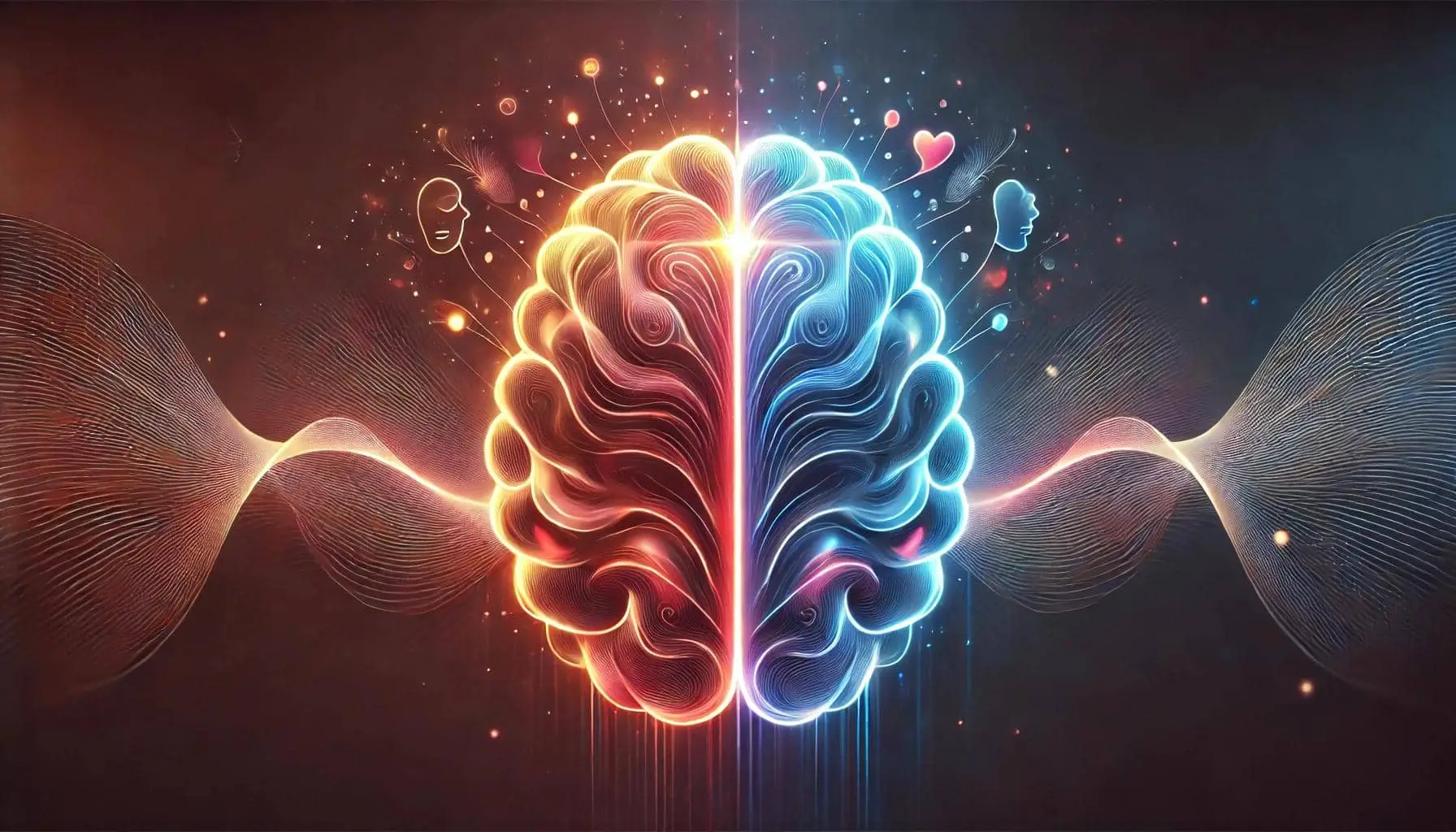Key Facts
Definition: Emotional Intelligence (EI) refers to the ability to recognize, understand, manage, and effectively use emotions in oneself and others. It encompasses skills such as emotional awareness, empathy, and interpersonal communication.
Components: EI is generally divided into five key components: self-awareness, self-regulation, motivation, empathy, and social skills.
Cultural Context: In India, where collectivist values often dominate, emotional intelligence plays a crucial role in interpersonal relationships and group dynamics.
Overview
Emotional Intelligence has gained prominence as a critical factor in personal and professional success. In India, the concept is particularly relevant given the diverse cultural, social, and familial dynamics that shape individuals’ interactions. EI helps individuals navigate the complexities of emotions, build meaningful relationships, and foster a positive work environment.
Importance of Emotional Intelligence
- Personal Relationships:
- Enhanced Communication: Individuals with high EI are better equipped to express their feelings and understand others, leading to improved communication and fewer misunderstandings.
- Conflict Resolution: EI helps individuals manage conflicts more effectively, promoting healthier relationships and reducing tensions within families and communities.
- Professional Success:
- Leadership Skills: Leaders with high emotional intelligence can inspire and motivate their teams, create a positive work culture, and manage stress effectively.
- Team Collaboration: In a diverse workplace, EI fosters collaboration, understanding, and respect among team members, enhancing productivity and job satisfaction.
- Mental Well-Being:
- Stress Management: Individuals with high EI are more adept at managing stress and adapting to challenges, contributing to better mental health.
- Resilience: EI promotes resilience by helping individuals navigate emotional upheavals and bounce back from adversity.
Cultural Relevance in India
- Collectivism: Indian culture emphasizes community and familial ties, making emotional intelligence crucial for maintaining harmony in relationships. Understanding emotional cues can enhance group cohesion and interpersonal bonds.
- Social Norms: Traditional gender roles in India can impact the expression of emotions. High EI allows individuals to navigate these norms effectively, fostering healthier interactions across gender lines.
- Workplace Dynamics: With the increasing globalization of Indian businesses, emotional intelligence is essential for navigating diverse work environments, where cultural sensitivities and communication styles may vary.
Developing Emotional Intelligence
- Self-Awareness:
- Reflection: Encourage self-reflection to identify emotions and understand their impact on thoughts and behaviors. Journaling can be a helpful tool in this process.
- Feedback: Seek feedback from trusted friends or family members about emotional responses and interactions to gain insight into personal emotional patterns.
- Self-Regulation:
- Mindfulness Practices: Engage in mindfulness techniques such as meditation or yoga to improve emotional control and reduce impulsivity.
- Coping Strategies: Develop healthy coping strategies to manage negative emotions, such as exercise, creative outlets, or talking to someone about feelings.
- Empathy:
- Active Listening: Practice active listening by fully concentrating on what others are saying, validating their feelings, and responding appropriately.
- Cultural Sensitivity: Develop an understanding of diverse cultural backgrounds and perspectives to enhance empathetic responses in interactions.
- Social Skills:
- Effective Communication: Work on improving verbal and non-verbal communication skills, including body language and tone of voice, to convey emotions clearly and respectfully.
- Conflict Management: Learn negotiation and conflict resolution skills to handle disputes constructively and collaboratively.
Applications of Emotional Intelligence in Daily Life
- Education:
- Curriculum Integration: Schools and colleges in India can integrate EI training into their curricula to help students develop emotional and social skills, enhancing their overall educational experience.
- Teacher Training: Educators can benefit from EI training to create supportive learning environments and address students’ emotional needs.
- Workplace:
- Leadership Development Programs: Organizations can incorporate EI training in leadership development programs to cultivate emotionally intelligent leaders who can inspire and guide their teams effectively.
- Team-Building Activities: Employers can promote team-building activities that focus on enhancing emotional awareness and collaboration among employees.
- Community Engagement:
- Workshops and Seminars: Community organizations can conduct workshops and seminars on emotional intelligence to promote mental well-being and healthy relationships in families and communities.
- Support Groups: Establishing support groups that emphasize EI can help individuals share experiences and learn effective emotional coping strategies.
Conclusion
Emotional intelligence is a vital skill that can significantly impact personal relationships, professional success, and mental well-being. In the diverse cultural context of India, developing emotional intelligence can help individuals navigate complex social dynamics, foster positive relationships, and enhance overall quality of life. By prioritizing EI development in education, workplaces, and communities, India can cultivate a generation equipped with the emotional skills necessary to thrive in an increasingly interconnected world.


